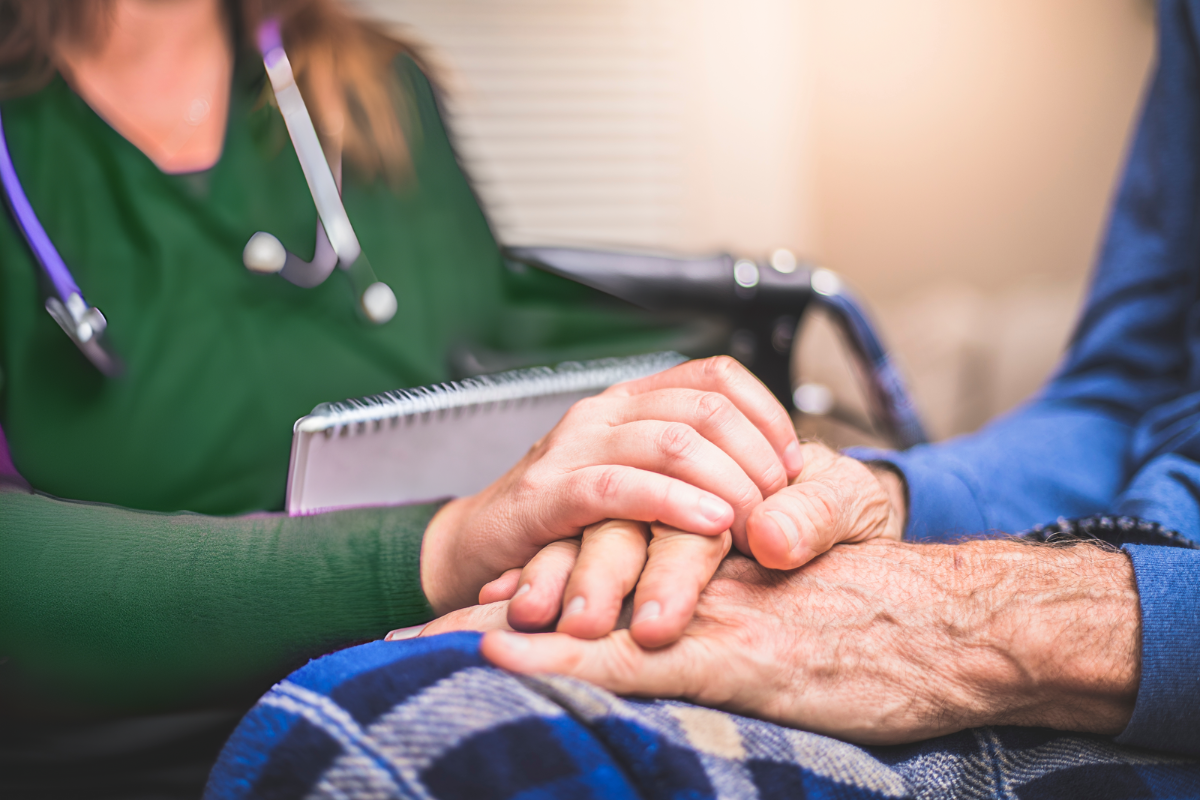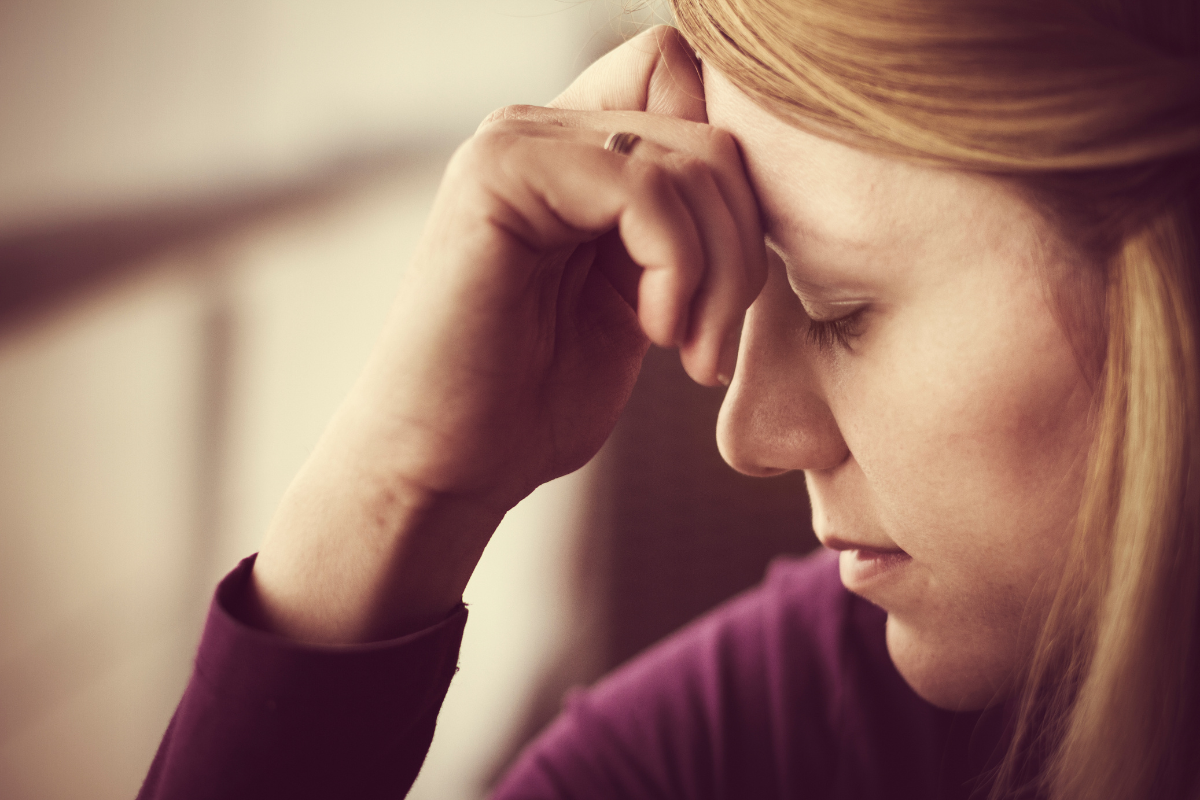Building a Caregiver Meditation Practice
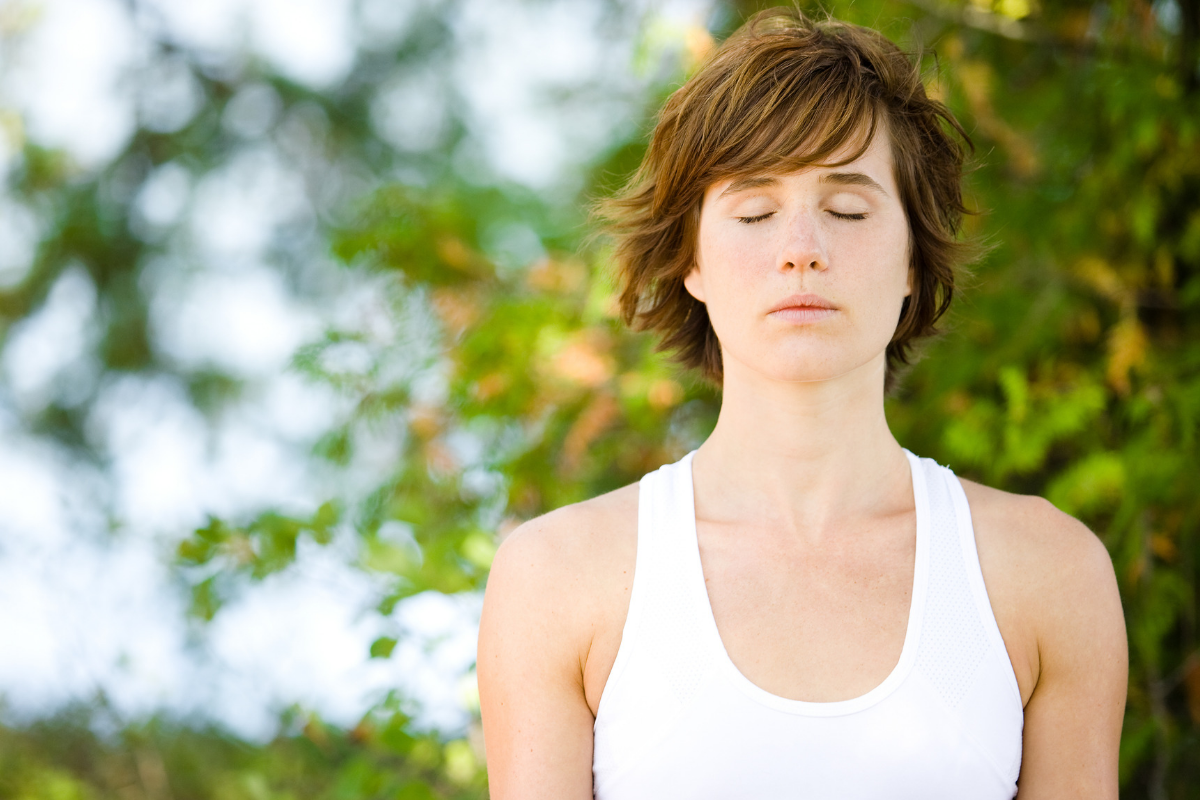
As loved ones age, family members often find themselves assuming a new role as caregiver. It’s a role they juggle alongside other responsibilities including their career, personal relationships, and caring for their own children.
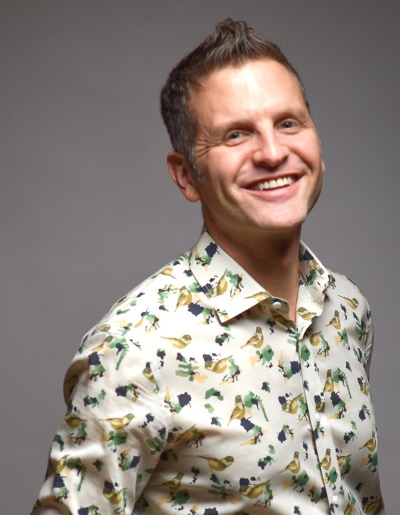 As a father to three children with six living parents and in-laws, Kristoffer “KC” Carter’s family is like many families in the United States who juggle these commitments. As a meditation teacher, retreat leader, and workplace cultural consultant, the time spent deepening his daily meditation practice has been the key to making it all work.
As a father to three children with six living parents and in-laws, Kristoffer “KC” Carter’s family is like many families in the United States who juggle these commitments. As a meditation teacher, retreat leader, and workplace cultural consultant, the time spent deepening his daily meditation practice has been the key to making it all work.
“I love them all dearly, and I want to be able to see them through their transition – however that ends up being for them,” KC says. “I know that the most responsible thing I can do is take good care of myself and there's no more foundational habit that will upgrade all other self-care habits like meditation.”
Managing Caregiver Stress with Meditation
KC explains that caregiving is immersive and it's all-consuming. It's relentless and depleting. But meditation, he says, can help.
“One of the biggest benefits of a meditation practice is to develop more self-compassion, but also compassion for others. If there was any meditations for caregivers that I'd recommend to that person who has all this responsibility falling on them, it’s to practice loving kindness for that relative or loving kindness for themselves as the caregiver and loving kindness for the nurses or whoever is there to help.”
Studies have shown that mindful meditation helps the brain to have better control over processing pain and emotion, more emotional stability and sleep quality, and that it’s linked with decreased levels of the stress hormone cortisol. It’s also linked to an increase in more compassionate behavior – an incredible asset to a family caregiver.
“All the executives I work with are very dynamic, fast-moving people that are managing a lot of moving pieces with an incredible amount of responsibility,” KC shares. “It's similar to what a caregiver may experience and the benefits of meditation are the same. How do you reconcile being responsible for somebody else's life or death and keep all your tasks on track plus all the million details of your life? A massage is great, but a massage can't help keep things in order.”
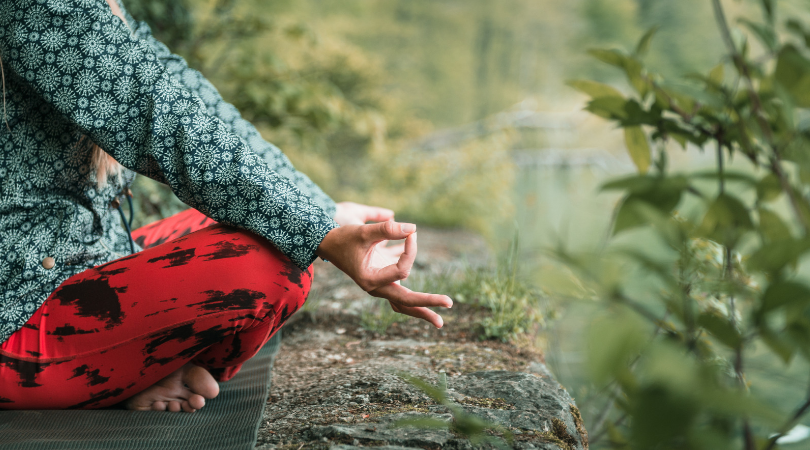
The Power of Meditation
A great example of the power of meditation occurred in July 2018 when a soccer coach and his team of 12 teenage boys were trapped by monsoon floods in a cave in northern Thailand with no way of communicating with the outside world. Luckily, 25-year-old coach Ekapol Chanthawong had spent the previous decade as a novice in a Buddhist monastery learning how to quiet his mind through meditation.
Inside the cave, he instructed the boys to remain calm and taught them meditation techniques to help reduce their stress. Their ordeal came to an end 18 days later when an international team of rescuers was able to take all the boys and their coach to safety.
“The meditation practice just softens the edges,” says KC. “It gives us more self-compassion. It allows us to renegotiate our relationship with time because usually we're just suffering from not having enough time. If we don't think we have enough time right now, what happens when our relative gets sick and we have to take care of their life, too? Then there's really no time. And that becomes its own pressure cooker.”
“Between stimulus and response there is a space. In that space is our power to choose our response. In our response lies our growth and our freedom.” - Viktor E. Frankl, Holocaust Survivor
This quote from Viktor Frankl is, what KC says, meditation is in a nutshell. Meditation is the ability to slow down all of the things coming at you – a sick relative, the feeding schedule, medication schedule, and all the emotional weight of these responsibilities.
“I have these choices I can make today to preserve or to create my own happiness or not,” KC says. “And without a meditative or some sort of reflective practice you just don't naturally have that skill. You know you can get great sleep. You could go running you or you can go on to do a cleanse or ride your bike, but the simple act of training your attention will upgrade those other health habits and hopefully help you make big decisions when it's your time to make decisions for your parents.”
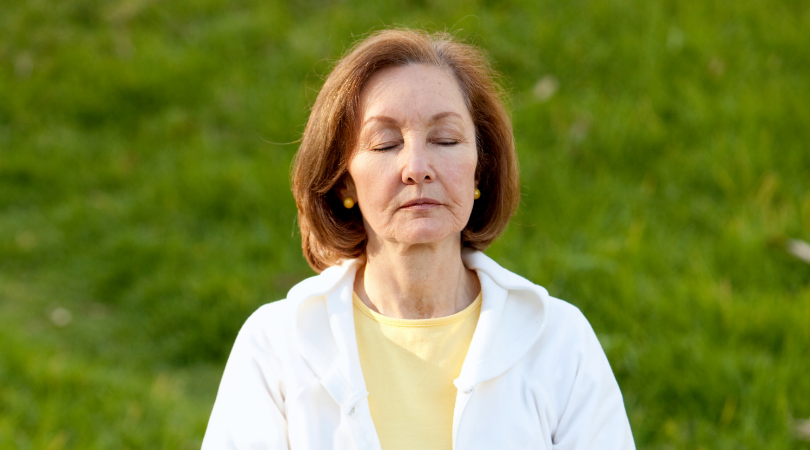
How to Start a Meditation Practice
Family caregivers who want to try starting their own caregiver meditation practice can work their way through learning the three phases.
Phase One
Get your own attention by taking some deep breaths. The 4-7-8 breathing technique is one of the easiest to learn. Inhale for a count of four. Hold for a count of seven. Then exhale for a count of eight.
“You just fall into the rhythm of your breath in and out through your mouth and become aware of how much deeper your presence is,” KC says. “Four cycles of 478 breathing are just 57 seconds, and that will change your life.”
Phase Two
The second phase of meditation is reclaiming your attention and bringing it back when it strays.
“There’s a fallacy that meditation is the absence of thought,” KC explains.
It’s actually not that at all. It’s the willingness to sit in a moment, watch your attention stay, and then pull it back to a mantra, a visualization, or your breath. Think of it like going to the gym, but the muscle you are strengthening is your attention.
Phase Three
The final phase of a daily meditation practice is learning to direct your attention. This can be done by focusing on gratitude, saying a prayer, or setting an intention.
KC clarifies, “You do the same work of bringing back your attention, but this time you focus on your highest possible good. So you can say, ‘okay, I’m going to spend eight hours with my sick mother today. My intention is openness or kindness.’”
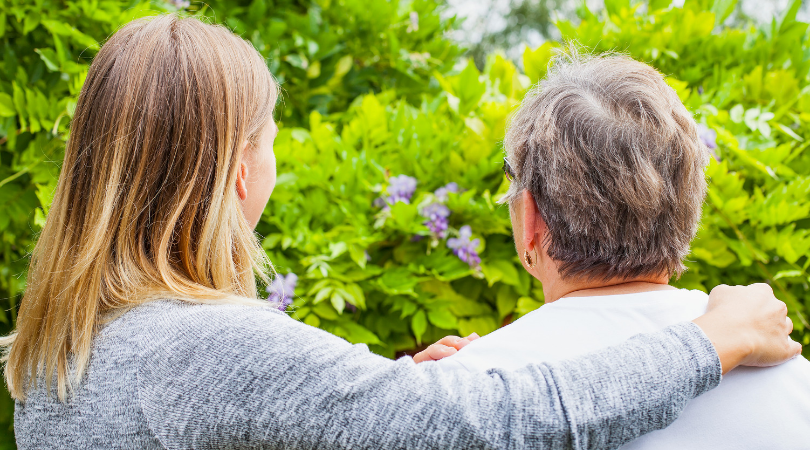
“Put your own oxygen mask on first.”
KC’s goal as a meditation teacher is to get individuals to make the commitment to themselves. He says, “you have to be willing to replenish your reserves if you are going to provide any proper care or oversight or responsibility for anyone else.”
To help family caregivers start a meditation practice, KC offers a free 30-Day Meditation Challenge.
“It’s kind of like my dharma of paying forward all the gifts the practice has given me. They get a tool kit for the basic practice to train their attention away from what is causing them stress and pain.”
Crossroads Hospice & Palliative Care supports family caregivers by providing a team of hospice and palliative care experts to supplement the care they already provide to their loved one. To learn more hospice caregiver support, please call 1-888-564-3405.
If you found this information helpful, please share it with your network and community.
Copyright © 2019 Crossroads Hospice & Palliative Care. All rights reserved.


